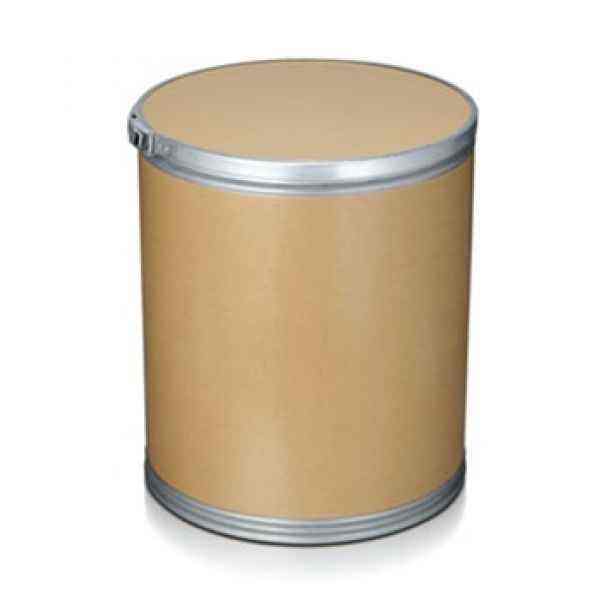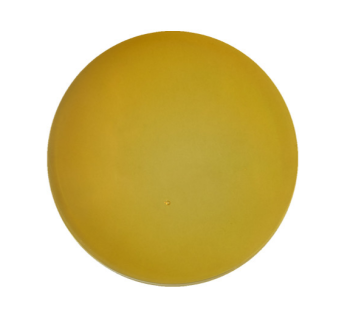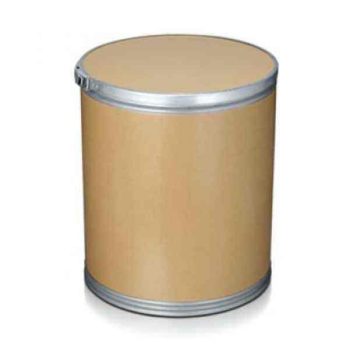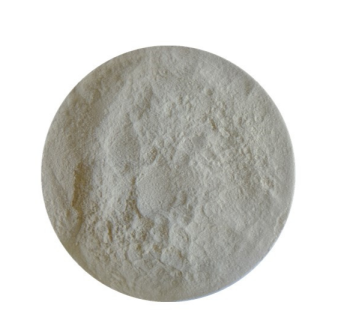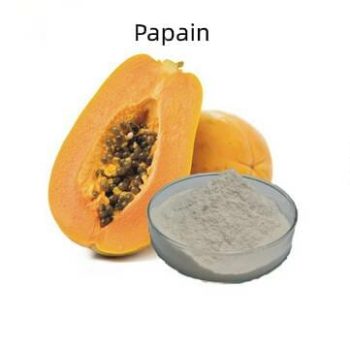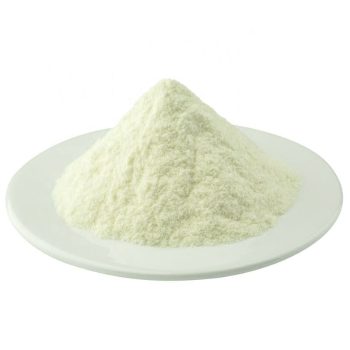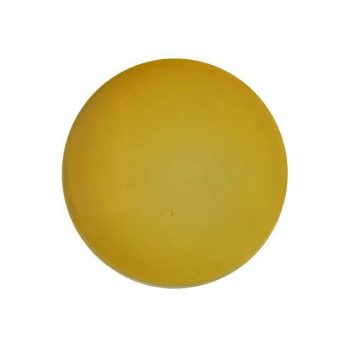Food Grade Bacteria Alpha Amylase Enzyme Powder
Introduction
Low-temperature α-amylase is made from the strain of Bacillus subtilis through cultivation, fermentation, and extraction techniques. It can catalyze the hydrolysis of starch efficiently. This product can be used for the liquidizing process of fruit juice, glucose, cerealose, alcohol, beer, monosodium glutamate, distillate spirits, fermentation industry, printing and dyeing industry, as well as the desizing process of the textile industry.
Definition of Unit
1 unit of Low-Temperature Alpha-Amylase equals the amount of enzyme which liquidizes 1g of soluble starch at 60℃ and pH6.0 in 1h.
Characteristics
| Declared Activity | 3000 u/g |
| Production Organism | Bacillus subtilis |
| Physical Form | Powder |
| Color | Yellowish; color can vary from batch to batch. Color intensity is not an indication of enzyme activity. |
| Odour | Normal microbial fermentation odour. |
Specifications
| Items | Lower Limit | Upper Limit |
| Enzyme Activity | 3000 u/g | |
| Lead | 5 mg/kg | |
| Arsenic | 3 mg/kg | |
| Total Viable Count | 50,000 CFU/g | |
| Coliform Bacteria | 30 CFU/g | |
| Escherichia coli | 10 CFU/g, 3 MPN/g | |
| Salmonella | Not Detected/25g |
Recommended Dosage
• Used in maltose, monosodium glutamate: 6-8 u/1 g of material.
• Used in beer: 3 u/1 g of material.
• Used in the desizing of textiles: Dosage is about 0.1%.
• Used in other industries: 3-4 of enzyme activity units/1 g of starch, the concentration of calcium ion is 150 ppm.
• Used in fruit juice: Improve the transmittance of juice and prevent turbidity. Dosage is about 0.02-0.1 L/T juice pulp.
Package and Storage
Packaging
Packaging specification: 1 kg / bag.
Storage
| Best Before | When stored as recommended, the product is best used within 12 months from the date of delivery. |
| Shelf Life | 12 months at 25℃; activity remains ≥90%. Increase dosage after shelf life. |
| Storage Conditions | This product should be stored in a cool and dry place in a sealed container, avoiding insolation, high temperature, and dampness. The product has been formulated for optimal stability. Extended storage or adverse conditions such as higher temperature or higher humidity may lead to a higher dosage requirement. |
Safety
Enzyme preparations are proteins which may induce sensitization and cause allergic-type reactions in sensitized individuals. Prolonged contact may cause minor irritation for skin, eyes, or nasal mucosa, so any direct contact with the human body should be avoided. If irritation or allergic response for skin or eyes develops, consult a doctor.
